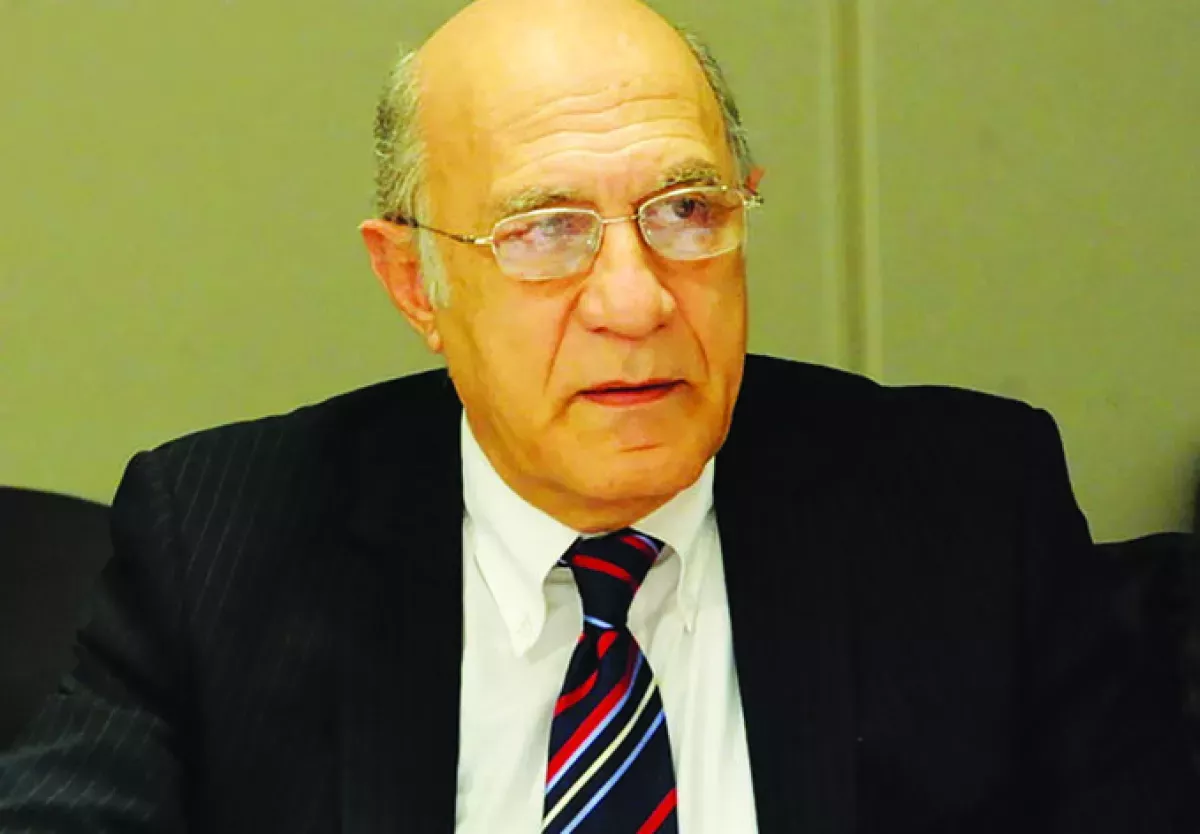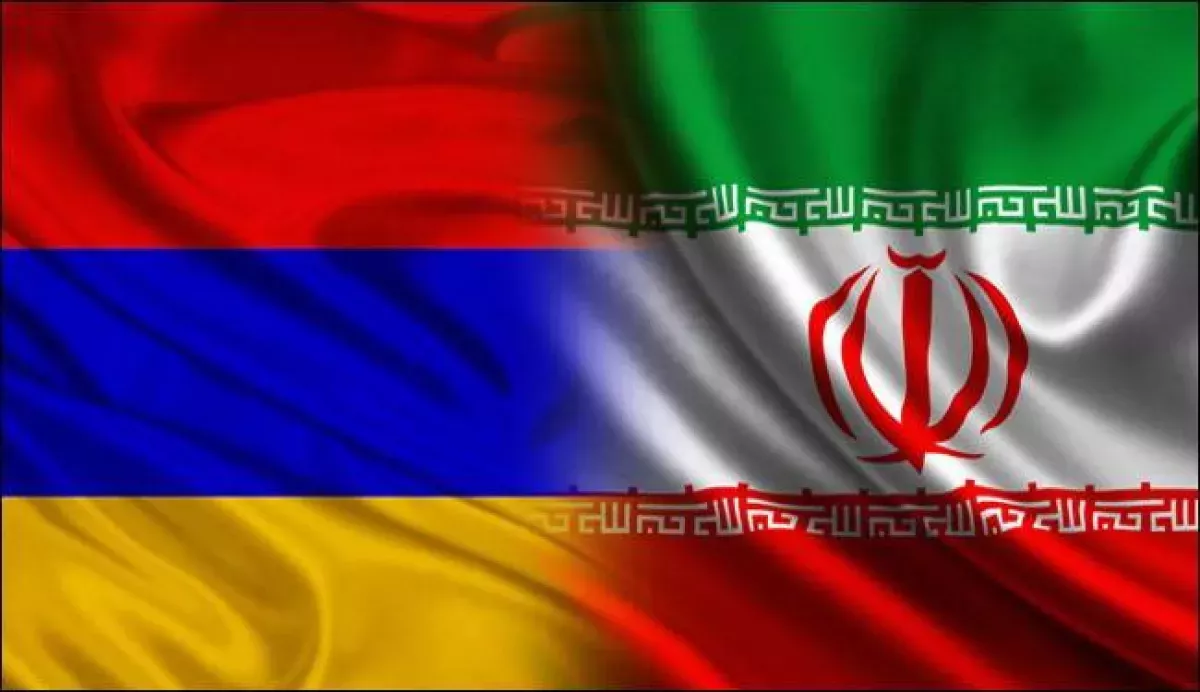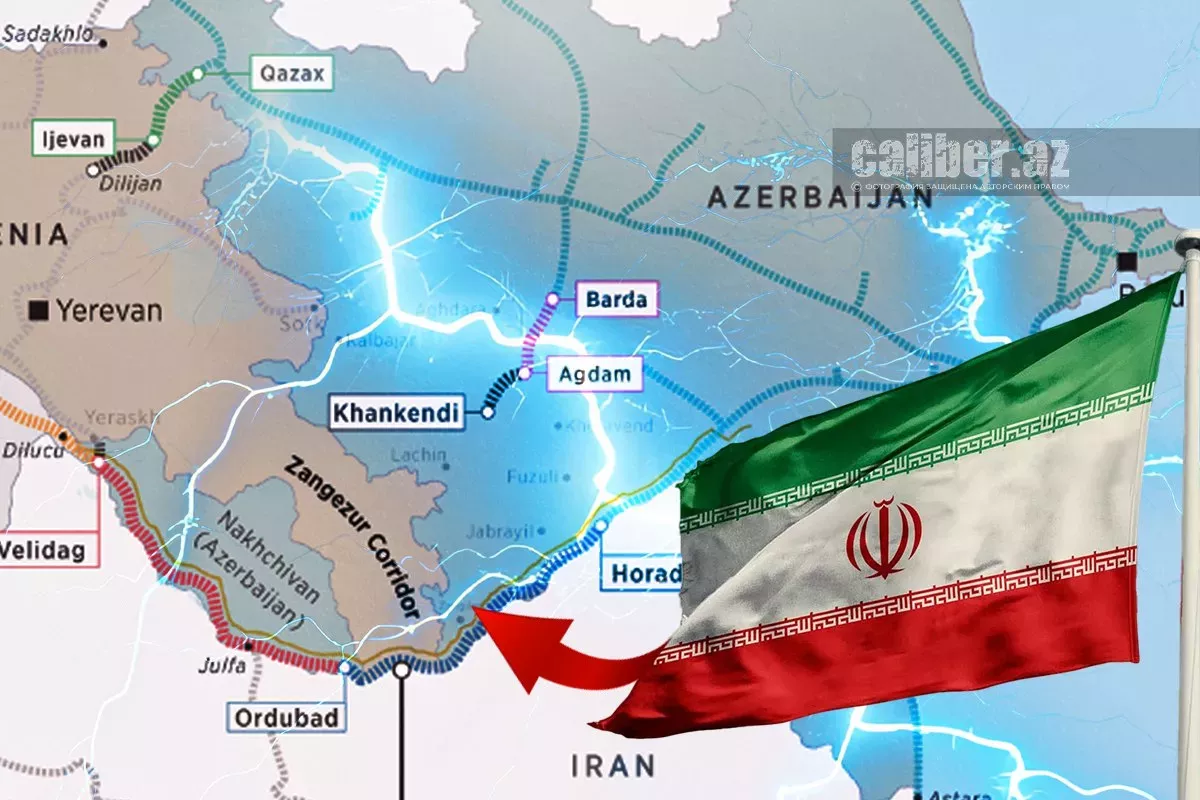Navigating Zangezur: Iranian president’s visit to Azerbaijan sparks optimism New era in relations
Iranian President Masoud Pezeshkian is scheduled to visit Azerbaijan next week. While relations between Baku and Tehran have not always been smooth, positive forecasts are now more frequent.
What real changes may President Pezeshkian's visit bring to the interaction between Baku and Tehran? To explore this question, Caliber.Az reached out to Azerbaijani and Russian political analysts specialising in Iranian studies.

Azerbaijani professor, diplomat and political analyst at the Western Caspian University Fikret Sadikhov said that Tehran does not hide its lofty rhetoric and high hopes for improving relations with Azerbaijan and further developing cooperation. These sentiments are frequently expressed by officials, with President Masoud Pezeshkian undoubtedly leading the charge.
"We perceive these signals as part of preserving and enhancing our relationship, and we understand Iran's importance in the region and its geopolitical significance. However, it seems that Tehran has also come to recognize that Azerbaijan is a strong and important player in the region. Not just in the region—Azerbaijan plays a key role in the implementation of many large-scale projects on its own territory and in its relations with other regions," the expert said.
"Azerbaijan is the author of several initiatives aimed at stabilizing the South Caucasus region and cooperates with many Western countries. Tehran is likely to hope that Baku might, to some extent, defend Iran's interests within international relations," Sadikhov noted.

He stressed that Azerbaijan’s primary focus remains on its own strategic interests.
"Understanding this, we are moving towards warming our relations with Iran. Tehran has likely realized that Azerbaijan is capable of defending its interests and taking a firm stance, particularly in response to the terrorist attack on its diplomatic mission. It can also be added that cooperation with Azerbaijan in the area of regional security now aligns with Iran's interests," the political analyst said.
"Considering Iran's foreign policy priorities, we understand that it continues its cooperation with Armenia. However, at the same time, we are mindful of the reality and recognize that economic, political, and energy cooperation with Iran serves Azerbaijan's interests. I believe that Iran is also interested in establishing such a framework for interaction in the region," he said.
"Our position is clear — we do not intend to abandon our relations with other countries: with Western and European nations, Middle Eastern countries, including Israel, whose prime minister's visit to Azerbaijan is also expected," the professor said.
"Baku is demonstrating complete independence, determination, and a firm stance on issues that fall within our sphere of interest. However, this in no way means that we are not ready to cooperate with Iran," Sadikhov said.
"I believe that during the visit, a number of additional agreements, which will strengthen bilateral cooperation and serve as the political and legal foundation for our future regional relations, will be signed," he added.

PhD in History, Senior Researcher and Head of the Oriental Cultural Center at the Institute of Oriental Studies, Russian Academy of Sciences, Near and Middle East Studies, Associate Professor of the Modern East and Africa Department at the Russian State University for the Humanities Lana Ravandi-Fadai said that significant warming of relations between Baku and Tehran is indeed expected.
Ravandi-Fadai noted that Masoud Pezeshkian, of Azerbaijani descent, was part of the Iranian parliament’s friendship group with Türkiye, Azerbaijan's closest ally. It is known that recently, during a coordination meeting right before his visit to Azerbaijan, President Pezeshkian openly stated "Azerbaijan and Iran are integral parts of one body, and the people on both sides of the border share extensive mutual interests, rooted in deep-seated, millennia-old affinities and friendships".
“Despite the problems, scandals, and tensions, the Azerbaijan-Iran relations have been steadily improving, a trend that began under ultra-conservative Raisi since summer 2023. As for the current visit, I would expect an intensification of cooperation in trade, economics, culture, and tourism,” she said.

“As for the possibility of aligning Baku and Tehran's positions on Zangezur, the issue is quite complex. Perhaps Pezeshkian would like to reach an agreement and listen to Azerbaijan's point of view, but the ruling conservative establishment, at least for now, is firmly opposed to any concessions and insists on establishing a corridor through Iran,” the political analyst said.
In her opinion, the reality is that both Azerbaijan and Iran, despite their differences, now need mutual rapprochement.
"There is a certain level of mistrust between them, but it seems to me that this is also present in the relationships of even the closest strategic partners. It is quite clear that the time has come — Azerbaijan and Iran must unite their transit routes in the 'North-South' format, resume movement after the completion of work on 'Araz' Corridor through Iran's territory which is an alternative to Zangezur corridor — time and geopolitical reality themselves are pushing the positions of Baku and Tehran towards dialogue with each other," she added.








